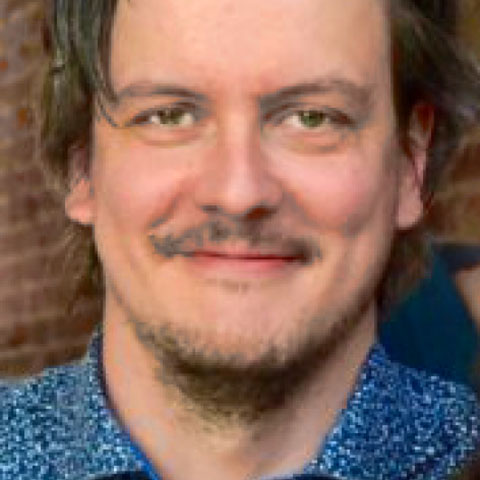KLI Colloquia are invited research talks of about an hour followed by 30 min discussion. The talks are held in English, open to the public, and offered in hybrid format.
Join via Zoom:
https://us02web.zoom.us/j/5881861923?omn=85945744831
Meeting ID: 588 186 1923
Spring-Summer 2026 KLI Colloquium Series
12 March 2026 (Thurs) 3-4:30 PM CET
What Is Biological Modality, and What Has It Got to Do With Psychology?
Carrie Figdor (University of Iowa)
26 March 2026 (Thurs) 3-4:30 PM CET
The Science of an Evolutionary Transition in Humans
Tim Waring (University of Maine)
9 April 2026 (Thurs) 3-4:30 PM CET
Hierarchies and Power in Primatology and Their Populist Appropriation
Rebekka Hufendiek (Ulm University)
16 April 2026 (Thurs) 3-4:30 PM CET
A Metaphysics for Dialectical Biology
Denis Walsh (University of Toronto)
30 April 2026 (Thurs) 3-4:30 PM CET
What's in a Trait? Reconceptualizing Neurodevelopmental Timing by Seizing Insights From Philosophy
Isabella Sarto-Jackson (KLI)
7 May 2026 (Thurs) 3-4:30 PM CET
The Evolutionary Trajectory of Human Hippocampal-Cortical Interactions
Daniel Reznik (Max Planck Society)
21 May 2026 (Thurs) 3-4:30 PM CET
Why Directionality Emerged in Multicellular Differentiation
Somya Mani (KLI)
28 May 2026 (Thurs) 3-4:30 PM CET
The Interplay of Tissue Mechanics and Gene Regulatory Networks in the Evolution of Morphogenesis
James DiFrisco (Francis Crick Institute)
11 June 2026 (Thurs) 3-4:30 PM CET
Brave Genomes: Genome Plasticity in the Face of Environmental Challenge
Silvia Bulgheresi (University of Vienna)
25 June 2026 (Thurs) 3-4:30 PM CET
Anne LeMaitre (KLI)
KLI Colloquia 2014 – 2026
Event Details

Topic description:
The idea of hierarchical levels of organization is deeply rooted into contemporary biology and its philosophy. It refers to layers in nature, where entities at a higher level are composed of entities at the next lower level. Typical levels of organization are the molecular level, the level of cells, the level of organisms, and the level of populations. But are there really such levels in nature? In this talk, I will argue that the hierarchical organization of nature is actually far more complex and messy than has been assumed. Nature does not come in levels in the sense in which they have been traditionally understood. Levels of organization should be seen as heuristic tools, not as ontological features, and biological organization should be analyzed in terms of more well-defined concepts, such as scale and composition. I demonstrate the importance and usefulness of this approach by applying it to the debate on levels of selection.
Biographical note:
Markus Eronen is a postdoctoral fellow of the Research Foundation Flanders (FWO) at KU Leuven, and a visiting scholar at the University of Groningen. He studied philosophy and cognitive science at the University of Helsinki, and defended his PhD thesis in 2010 at the Institute of Cognitive Science in Osnabrück. He has been a postdoc at the Ruhr University Bochum and a visiting fellow at the University of Cincinnati and UC Davis. His current work aims at applying insights and methods of philosophy of science to problems that arise in scientific practice in various fields. His research topics include causal inference and discovery in psychology, scientific realism in the special sciences, and the nature of hierarchical organization in biology.


